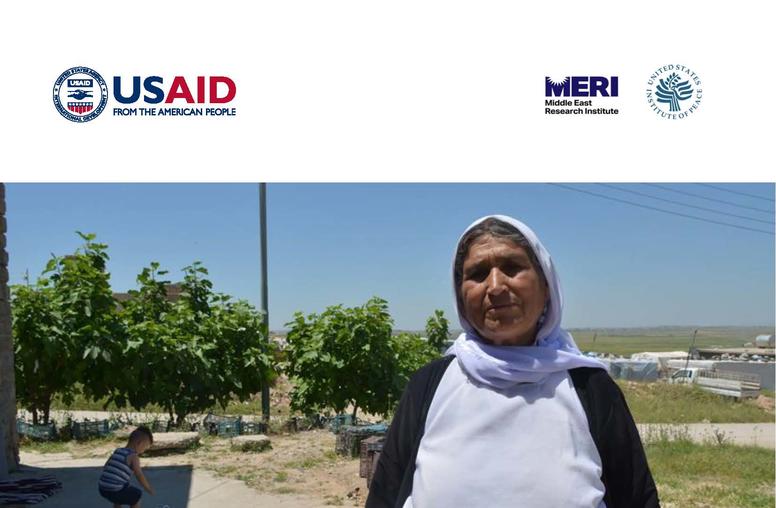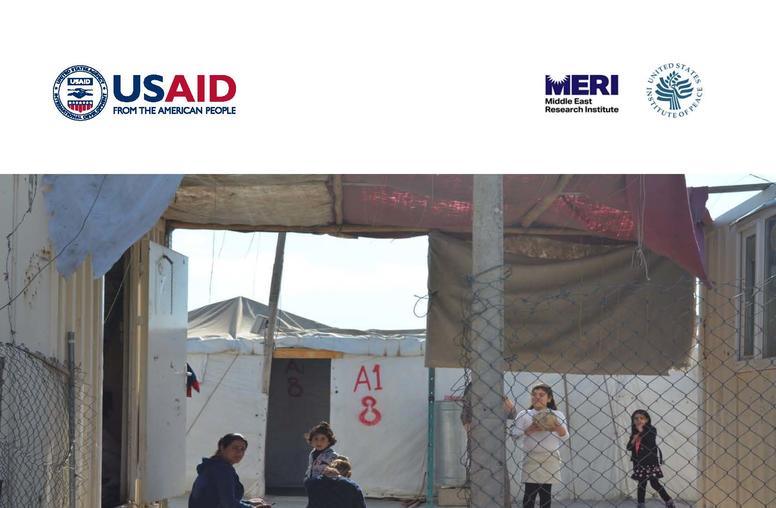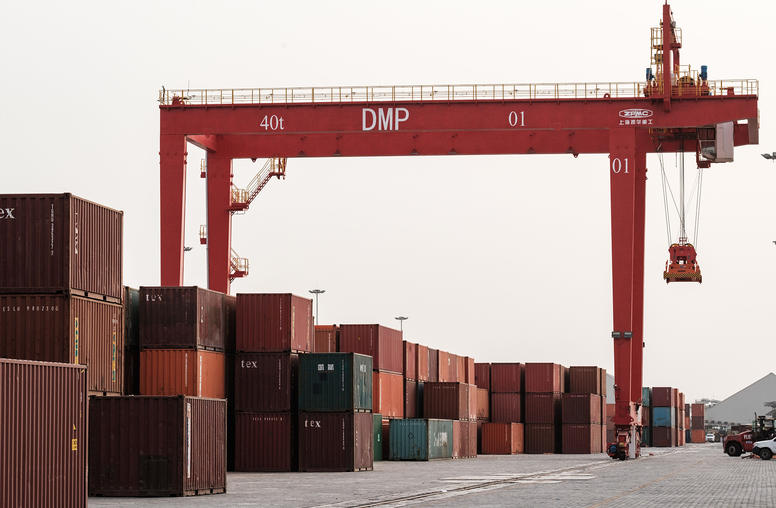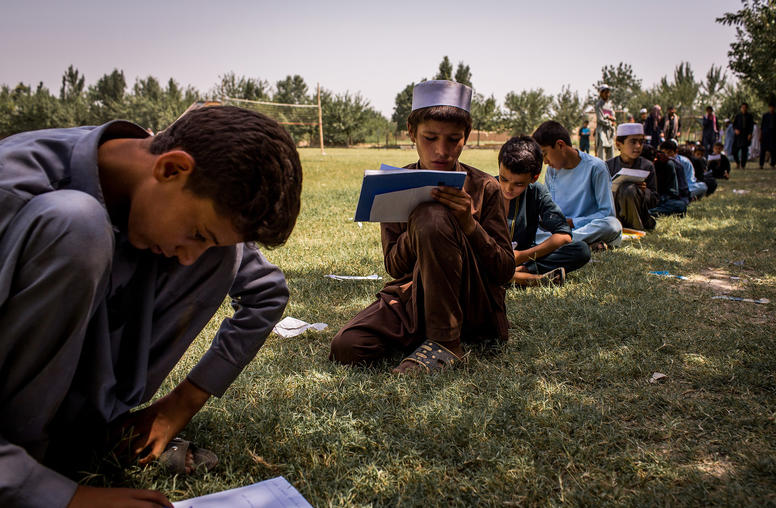Publications
Articles, publications, books, tools and multimedia features from the U.S. Institute of Peace provide the latest news, analysis, research findings, practitioner guides and reports, all related to the conflict zones and issues that are at the center of the Institute’s work to prevent and reduce violent conflict.

Scott Worden on Afghan Elections and the Peace Process
Amid news of an interim U.S.-Taliban deal, Afghanistan’s election commission announced President Ashraf Ghani has won reelection—a result his opponent has openly rejected. USIP’s Scott Worden warns this kind of political infighting weakens the government’s negotiating position ahead of possible intra-Afghan talks, saying “the Taliban profit from political chaos.”

Steve Hege on Venezuela and Colombia During Coronavirus
After the U.S. indictment of Venezuelan President Nicolas Maduro, USIP’s Steve Hege looks at how the political crisis in Venezuela endangers vulnerable populations as well as neighboring Colombia amid the coronavirus pandemic.

Lucy Kurtzer-Ellenbogen on Israel’s Political Turmoil and the Coronavirus Crisis
After three elections, Israel’s political crisis is reportedly coming to an end. Lucy Kurtzer-Ellenbogen explains that the focus has now shifted to the coronavirus pandemic and its impact on the Israeli-Palestinian conflict, saying, “What you do often see in the face of these immediate crises is a lot of banding together and cooperation … the question is how long it holds afterwards.”

Frank Aum on North Korea and Coronavirus
Despite reporting no confirmed cases, USIP’s Frank Aum says, “It’s safe to say the virus is in North Korea,” and that the isolated nation is still trying to “maintain the visage of invulnerability” through missile tests and other military demonstrations—all while instituting drastic public health measures.

Susan Hayward on Religion and Coronavirus
While USIP’s Susan Hayward acknowledges that religion has, at times, hampered public health, she notes religion has also been invoked “in ways that have brought meaning, that have mobilized people to respond to the needs of the vulnerable.”

Ninewa Plains and Western Ninewa: Sustainable Returns and Stabilization Efforts
The aim of this report is to map previous and current initiatives undertaken by local, provincial and national governments, civil society organizations, international NGOs and other actors to address

Ninewa Plains and Western Ninewa: Barriers to Return And Community Resilience
This report is a meta-analysis of the vast literature on Ninewa IDPs and the barriers to their return. It covers important analytical and contextual gaps with firsthand research to inform and enhance stakeholder policies.

China’s Impact on Conflict Dynamics in the Red Sea Arena
This report focuses on China’s influence and activities in the region and its relationships with twelve Red Sea arena states: Djibouti, Egypt, Eritrea, Ethiopia, Oman, Qatar, Saudi Arabia, Somalia, South Sudan, Sudan, the United Arab Emirates (UAE), and Yemen.

Jonathan Pinckney on Social Movements and Coronavirus
Coronavirus has led to a 70 percent decline in public protests worldwide compared to last year—but this doesn’t mean social movements are going away. “There are literally hundreds of other tactics … to express dissent while still following social distancing guidelines,” says USIP’s Jonathan Pinckney.

Service Delivery in Taliban-Influenced Areas of Afghanistan
In 2018 and 2019, USIP partnered with the Afghanistan Analysts Network (AAN), a Kabul-based research and policy organization, in an effort to understand how the Taliban provide education, health, and other services to people who live in areas where they are the dominant power. Based on a series of studies conducted by AAN in five districts across the country, the report also examines the Taliban's motivations as a governing entity and their implications for a potential peace settlement.